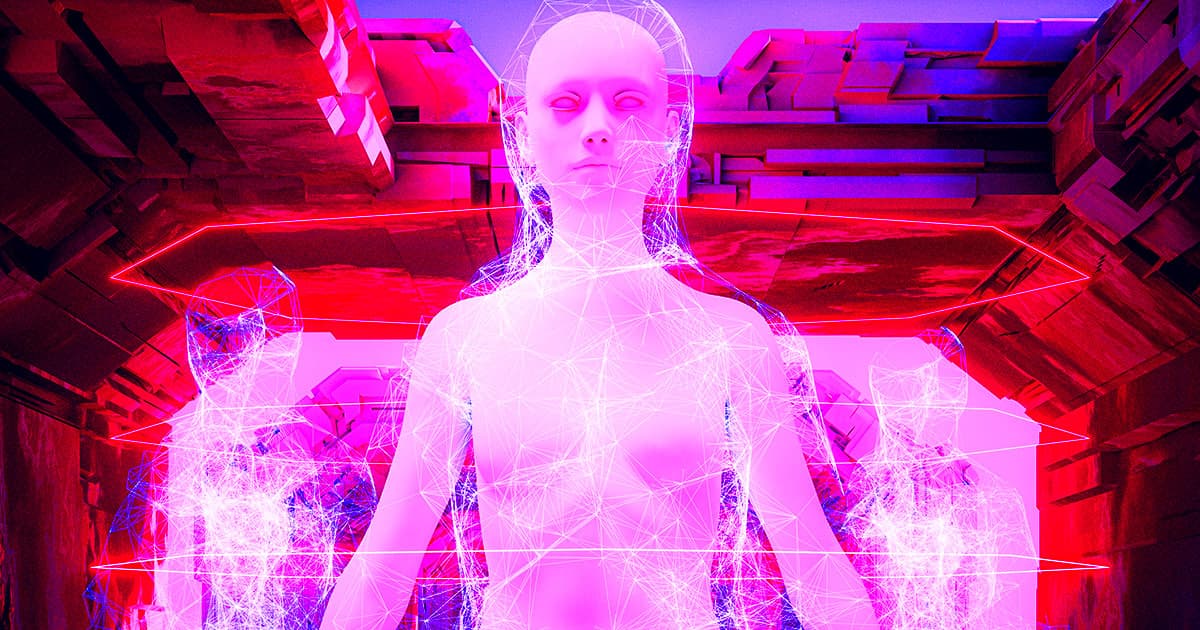"Inorganic intelligence" is coming for us all.
Uber-Weird
The United Kingdom's foremost astronomer is cautioning British citizens that if and when we encounter alien life, it may be more bizarre — read: more artificially intelligent — than we could ever have imagined.
In a piece for the BBC, British royal astronomer Lord Marin Rees maintains that it's not outlandish to consider the existence of AI aliens given that we humans are entering an age of AI ourselves.
"We human beings may be near the end of Darwinian evolution — no longer required to become the fittest to survive — but technological evolution of artificially intelligent minds is only just beginning," the Crown-appointed astronomer explains. "It may be only one or two more centuries before humans are overtaken or transcended by inorganic intelligence."
"If this happens," Rees continues, "our species would have been just a brief interlude in Earth's history before the machines take over."
Fleshy Aliens
Though we often imagine extraterrestrials as humanoid, or at least flesh-and-blood, there's a pretty good chance they could be "more artificial," the British lord contends, which "could explain why the cosmos seems so empty of life like us."
If non-organic intelligence is the way things go in the Universe, our human-made telescopes "would be most unlikely" to find traces of life like ours, Rees argues.
"It is perhaps more likely," he adds, "that the aliens would be the remote electronic progeny of other organic creatures that existed long ago."
Broken Record
It's a bold assertion, and it seems that Rees has made it before — and recently, too.
Back in June, the royal astronomer published a similar op-ed in Scientific American that took an AI stance on the famous Fermi paradox, in which, when discussing extraterrestrial life in 1950 after viewing a New Yorker cartoon of aliens stealing NYC trashcans, physicist Enrico Fermi asked: "Where is everybody?"
As Rees held in that earlier editorial, the answer to that devilishly simple question may not be a "great filter" effect that bottlenecks other types of life out of existence, but rather that other civilizations are far more artificially intelligent than ours.
It's an interesting take, to say the least, especially since just a few weeks prior, a far less-celebrated researcher suggested that AI itself might be the "great filter" we've all been waiting for.
If there are AI aliens out there, Rees maintains, we almost certainly don't have the technology to detect them — that is, if they even want to be found.
"Perhaps whatever is out there doesn't evolve by Darwinian selection: it would be what I call 'secular intelligent design' that's a bit like machines designing better machines," Rees concluded. "And while it may not be broadcasting its existence to us, it could be found throughout the Universe."
More on AI and life as we know: Google AI Boss Says AI Is an Existential Threat to Humankind
Share This Article
